When Martha Ann Ricks was 76 she travelled from her home in Liberia to London to meet Queen Victoria. The daughter of a slave, who had purchased freedom for his family from his American owner and taken them to west Africa, she wanted to honour the Queen whom she believed had played a pivotal role in abolishing slavery. ‘She stoops,’ Ricks told a reporter from the Pall Mall Gazette of that meeting in a corridor at Windsor Castle on 16 July 1892, ‘and I don’t stoop though I’m older than her… But she has had troubles, great troubles. No wonder her shoulders are bent.’
Ricks considered herself fortunate that aged 13 she had been taken from the Tennessee plantation where she had been born and had thereafter lived as a free person. Quite how she saved enough to buy her passage to England was not explained, nor whether she travelled alone. But she made headlines and the photograph taken of her at the time was turned into a postcard for sale to the public (it’s now in the National Portrait Gallery, Martha dressed in a heavy black cape and extravagant bonnet).
In her diary, the Queen recorded that ‘the old lady was short and very black with a kind face’. No mention of the quilt that Martha had stitched herself and presented to the Queen was made, and the quilt has long since disappeared, possibly lost among the vast number of gifts from loyal subjects stashed away in Windsor Castle, Osborne House, Buckingham Palace. Its design, though, was recorded by the papers — a large coffee tree embroidered on to white satin, with berries of red and green, a man gathering the coffee, and a border of passion flowers.
In Looking for Martha’s Quilt (Saturday) on the World Service, Martha’s descendant Beryl Dennis and producer Penny Dale went in search not just of the quilt but also of Martha’s story. In going back to Liberia they discovered that she had plenty of troubles of her own, losing her father and two brothers within a year of settling there and then struggling through years of economic hardship as her adopted country developed its own cash crops: coffee, ginger, arrowroot, sugarcane. When the Methodist missions came under attack, Martha, as a Bible-taught, God-fearing woman, taught herself how to load a musket to defend them. Not bad for a woman who was renowned for the quality of the silk stockings she spun and wove herself.
In Theresa Ikoko’s award-winning play Girls (Friday), now adapted for broadcast on Radio 4 (directed by Abigail Gonda), we were also in Africa, this time for a drama inspired by (or rather remembering) the 2014 capture of more than 200 schoolgirls in Chibok, Nigeria, by the rebel group Boko Haram. Three friends, Tisana (Amaka Okafor), Ruhab (Faith Alabi) and Haleema (Joan Iyiola), are seized by terrorists and forced to follow them as they maraud through the country. But Ikoko doesn’t focus on the violence. She lets it simmer away in the background, focusing instead on the changing relations between the girls as they discover truths about themselves while their fear escalates and time passes without any hope of rescue.
It’s a tense 45 minutes, the dialogue sharp and yet so realistic as the girls struggle to make light of their situation by joking about slimming, looking good, what sex might be like. Only occasionally do they allow themselves to recognise their situation. ‘We do not matter to anyone,’ they have to accept. Also that guns don’t always do most damage. ‘Fear killed her. Not a gun,’ says Haleema.
In World Questions (Sunday) on the World Service, Jonathan Dimbleby and his team (including producer Charlie Taylor) were in Hong Kong as the former British colony marks 20 years since it was handed back to China. Dimbleby was at the University of Hong Kong in front of what sounded like an audience of very young students, and with a panel of experts including a student activist, a former critic of the British in Hong Kong who is
now an equally vehement critic of Beijing, and a member of the Legislative Council who is also a supporter of China. It was so refreshing to listen in on a political debate that was filled with passion, and where ‘sovereignty’, that mealy-mouthed word, and ‘treason’ were given their true meanings.
Why are there now so many abductions to the mainland? Does the UK still have obligations towards its former colony? Should it intervene in the domestic affairs of Hong Kong, which is now part of China?
Tricky questions all, and especially in the light of the recent declaration by the Chinese foreign ministry that the agreement signed between the British and Chinese in 1997 is ‘a historical document that no longer has any realistic meaning’. In the end, though, it was agreed that Hong Kong’s special asset is the fact that its people are its only natural resource. ‘We have to keep talking to each other as a community,’ urged the pro-Chinese lawyer on the panel. The determination to fight for democracy is what we can offer the world, said the student activist. ‘Hope and peace.’
Got something to add? Join the discussion and comment below.
Get 10 issues for just $10
Subscribe to The Spectator Australia today for the next 10 magazine issues, plus full online access, for just $10.
You might disagree with half of it, but you’ll enjoy reading all of it. Try your first month for free, then just $2 a week for the remainder of your first year.

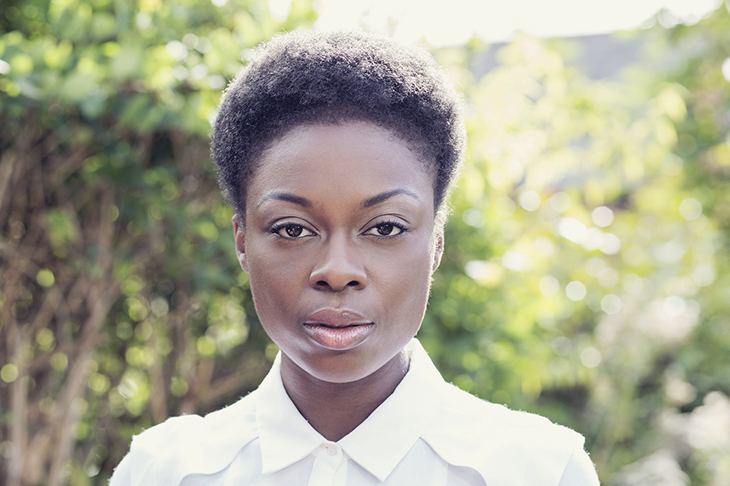

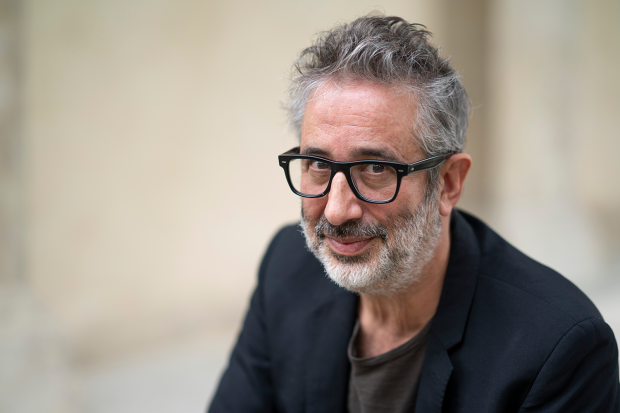
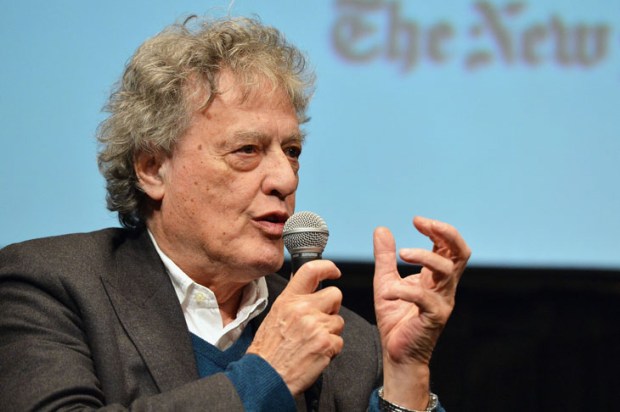

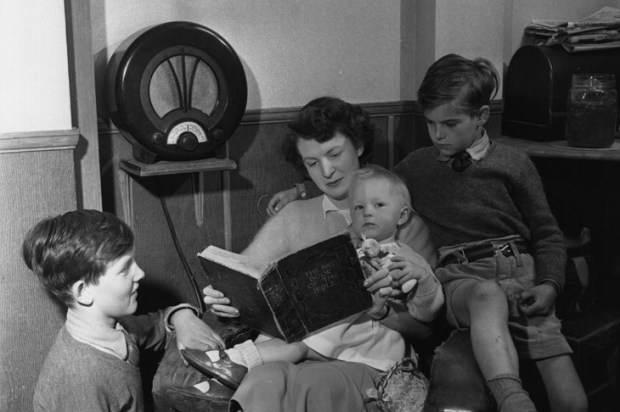
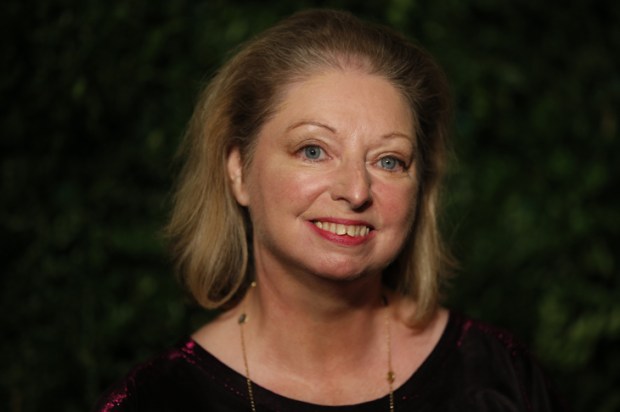






Comments
Don't miss out
Join the conversation with other Spectator Australia readers. Subscribe to leave a comment.
SUBSCRIBEAlready a subscriber? Log in